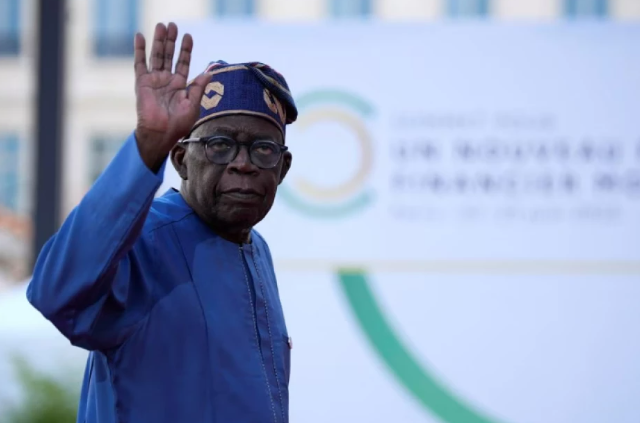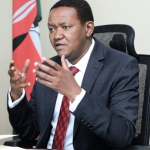The absence of Nigerian ambassadors for a year has significant implications for the country’s foreign relations, as explained by international relations expert Sheriff Folarin. Ambassadors play a critical role in representing a nation’s interests abroad, facilitating diplomatic communication, and ensuring cooperation between states. Without these key figures, Nigeria risks sending a message of retreat from global affairs, which could have several consequences.
First, this situation suggests that Nigeria is stepping back from maintaining relationships with the international community. While other countries may understand that this is likely due to local financial constraints rather than hostility, it could still signal a shift towards isolation. Nations affected by the absence of Nigerian ambassadors might reciprocate by withdrawing their own diplomats, although they would recognize the financial challenges Nigeria faces.
Second, the lack of ambassadors might lead the global community to perceive Nigeria as either experiencing human capital deficiencies or as being unable to manage its diplomatic missions effectively. This could raise concerns about government incompetence or inefficiency.
Third, the absence of ambassadors projects weakness, as it hampers Nigeria’s ability to pursue and protect its national interests abroad. Nigerian citizens living overseas, especially those who may need consular assistance, are also directly affected. Additionally, Nigeria’s ability to influence key international decisions may be compromised, particularly its ongoing quest for a permanent seat on the United Nations Security Council.
While full-time embassy staff may mitigate some of these effects through efficient service delivery, the symbolic absence of ambassadors creates a perception of disengagement on the global stage.
In May, Nigeria’s foreign affairs minister cited a lack of financial resources as the primary reason for the delay in appointing ambassadors. This explanation points to the broader issue of economic strain within the Nigerian government, which has affected its capacity to fill these important diplomatic roles. While financial constraints may be a valid reason, it raises concerns about prioritization, as diplomatic representation is crucial for safeguarding national interests and maintaining Nigeria’s influence in international affairs.
This open admission of financial constraints impacting Nigeria’s diplomatic representation indeed undermines the country’s global image. Nigeria, historically known for its creativity, dynamism, and influence in international politics, now risks projecting itself as a state incapable of fulfilling its basic diplomatic duties. Tying these challenges to financial difficulties damages Nigeria’s reputation, further diminishing the respect it once commanded on the global stage.
It raises a critical question: has Nigeria reached a point where all governance failures are attributed to financial problems? Such admissions only deepen the perception of governmental inefficiency, especially in the international arena. Diplomatic missions, run by capable, dynamic, and knowledgeable ambassadors, are not optional but a necessity for securing national interests.
To remedy the situation, the government must reassess its spending. Reducing wasteful expenditures—such as the lavish use of presidential jets, convoys, and the high cost of maintaining the National Assembly—would free up significant funds for embassies. Financial discipline is crucial, and embassies should be managed more efficiently by ensuring accountability in revenue generation from visa issuance and reducing unnecessary costs.
Visa fees could be revised upward, much like the UK did in 2023, to cover embassy operational costs and ensure missions are self-sustaining. Embassies should also maintain strict financial oversight, ensuring the funds generated are reinvested into their operations.
From an international perspective, the absence of Nigerian ambassadors casts the country in a negative light. Other nations might view Nigeria as irresponsible and unprepared for the competitive global arena, questioning its seriousness in reclaiming its once-prominent regional and global leadership roles. The derision from the international community is growing, highlighting Nigeria’s urgent need to restore its diplomatic presence and credibility.



